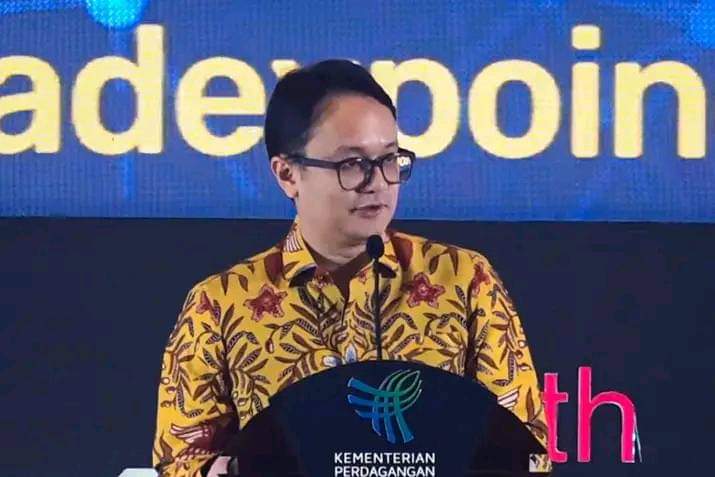Japan and Indonesia Forge Ahead with Enhanced Economic Partnership
Jerry highlighted the importance of global collaboration amidst the ongoing global crisis, stressing the need for closer cooperation between Japanese and Indonesian businesses.
“Indonesia seeks to contribute as a food supplier to Japan, given that 60% of Japan’s food needs are still met through imports,” he added.
In 2023, Indonesia’s exports of palm kernel shells to Japan amounted to USD 550.98 million, marking a 40% increase from 2022. Similarly, exports of wood pellets from Indonesia to Japan reached USD 10.2 million, up by 45% compared to the previous year.
Indonesia and Japan maintain a robust economic relationship rooted in decades of bilateral cooperation and mutual benefit. Japan has consistently been one of Indonesia’s largest trading partners and a major source of foreign direct investment (FDI). The partnership is bolstered by the Indonesia-Japan Economic Partnership Agreement (IJEPA), which came into effect in 2008, aiming to facilitate trade and investment flows between the two nations. This agreement has been pivotal in enhancing market access, particularly in sectors such as automotive, electronics, energy, and infrastructure.
Japan’s investments in Indonesia have been significant, totaling USD 18.3 billion from 2019 to 2023. These investments primarily focus on critical sectors such as energy, automotive manufacturing, and property development, contributing substantially to Indonesia’s economic growth and industrial development. In return, Indonesia serves as an essential supplier of raw materials and agricultural products to Japan, helping to meet the latter’s substantial demand for commodities like palm oil, rubber, and natural gas.
The economic ties between Indonesia and Japan extend beyond trade and investment to encompass technological collaboration and capacity-building initiatives. Japan has been instrumental in supporting Indonesia’s infrastructure development through various projects, including transportation networks and energy facilities. Moreover, both countries are committed to fostering sustainable development, with Indonesia actively seeking Japanese expertise and investment in renewable energy projects to achieve its environmental goals.
Looking ahead, the ongoing negotiations to amend the IJEPA underscore a shared commitment to further deepening economic cooperation. These amendments are expected to modernize and expand the scope of the agreement, addressing contemporary issues such as digital trade and intellectual property rights. As Indonesia and Japan navigate global economic challenges and opportunities, their partnership remains pivotal in driving economic growth, innovation, and resilience in the Asia-Pacific region. (Uki Ruknuddin)


Tinggalkan Balasan Batalkan balasan